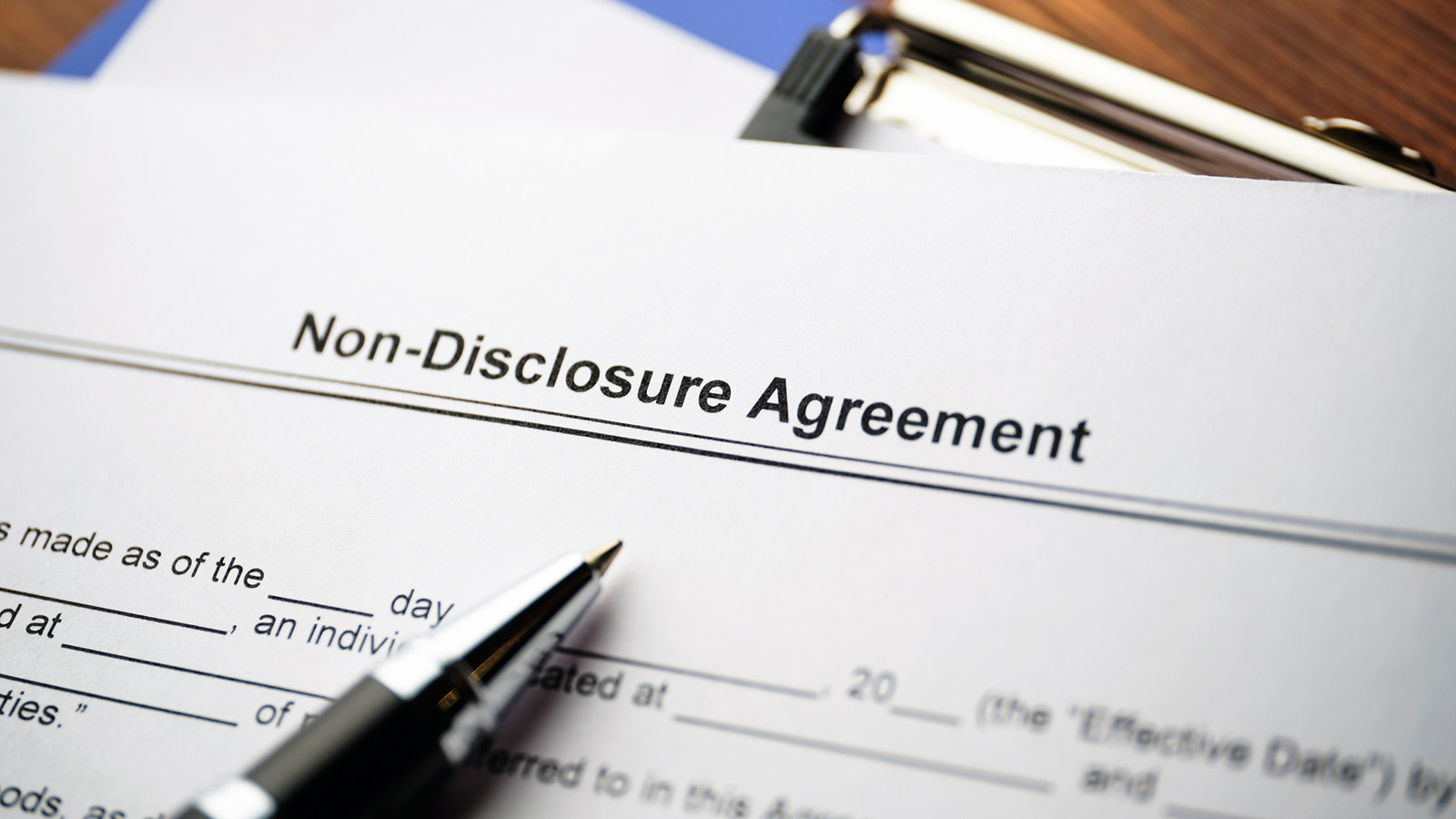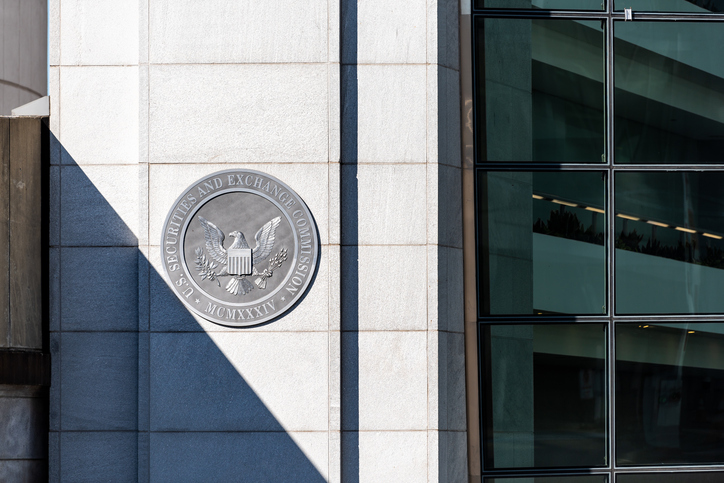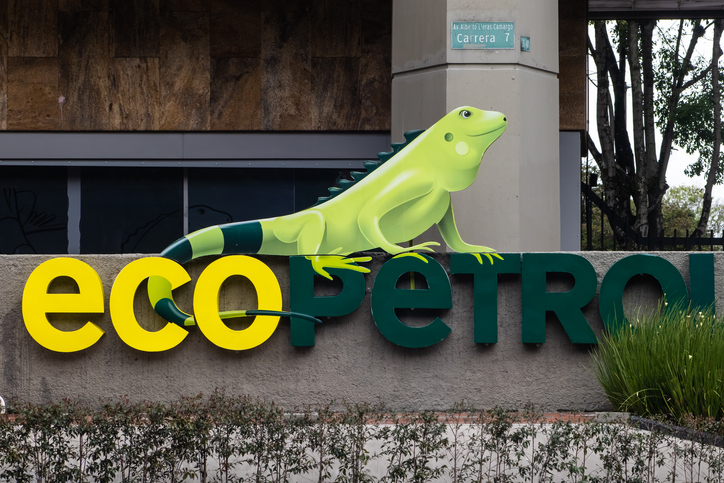Understanding the Risks of Mishandling Confidential Company Documents
Confidential documents can be a boon for whistleblowers, providing evidence of fraud, misconduct, or wrongdoing that might otherwise remain hidden. However, the use of such documents to expose fraud is met with potential legal and ethical hurdles.
May 14, 2025

This information is provided for educational purposes only by Kohn, Kohn & Colapinto and does not constitute legal advice. No attorney-client relationship is created by accessing this content. Laws and regulations may change, and this material may not reflect the most current legal developments. If you believe you have a whistleblower claim, consult a qualified attorney to discuss your specific circumstances.
Exposing securities fraud, misconduct, or market manipulation is a complex task that requires careful handling, particularly when confidential company documents are involved.
Confidential documents can be a boon for whistleblowers, providing evidence of fraud, misconduct, or wrongdoing that might otherwise remain hidden. However, the use of such documents to expose fraud is met with potential legal and ethical hurdles.
This article explores the most important considerations to be aware of when deciding to obtain and use confidential company documents as part of a Securities and Exchange Commission (SEC) whistleblower case.
We are delighted to announce the addition of former SEC Acting Chair, Allison Herren Lee, to our team, further solidifying our commitment to protecting SEC whistleblowers.
Now Of Counsel at Kohn, Kohn & Colapinto, Allison Herren Lee is ready to serve and protect whistleblowers, and help them seek rewards under the SEC Whistleblower Program. If you’re an SEC whistleblower wanting to report a concern, contact our law firm today to speak confidentially with Allison H. Lee.
Whistleblower protections and rewards are essential tools to incentivize individuals who risk their careers to expose securities violations. Legislations such as the Dodd-Frank Act provide protections for whistleblowers who report securities law violations.
However, whistleblowers must obtain documents carefully, as it is important to understand the limits and scope of laws such as the Dodd-Frank Act that may not protect them against potential repercussions from improperly obtained or distributed confidential company documents.

New Release
Rules for Whistleblowers
Learn more about SEC whistleblowing by reading founding partner Steve Kohn’s latest book, Rules for Whistleblowers: A Handbook for Doing What’s Right.
You can also browse the Law Library for more information on obtaining documents legally.
Legal Boundaries
Determining whether confidential company documents can be used in a whistleblower case comes down to the method in which they were obtained, and how they were used.
If documents were lawfully accessed during normal working hours and shared with a regulatory authority like the SEC to expose potential securities fraud, legal protections may apply.
However, using illegal methods such as theft or hacking to obtain these documents, or sharing them with the public or media, might expose the whistleblower to unforeseen legal challenges.
Confidentiality Agreements
In most cases, employees are bound by confidentiality or non-disclosure agreements (NDAs). Using confidential company documents to expose fraud could potentially breach these agreements, inviting legal consequences.
However, it’s essential to remember that such agreements cannot legally prevent individuals from reporting illegal activities if certain conditions are met. Restrictive non-disclosure agreements are blatant attempts to censor employees and limit the exposure of company misconduct, and have been held to be illegal if they are designed to prevent or impede communications between employees and the SEC (and other governmental agencies) about potential violations of law.
Privacy Laws
Another important consideration regarding obtaining confidential or privileged company documents is the need to adhere to privacy laws, as documents might contain private information about other employees or clients.
It’s advisable to consult with an attorney before you make disclosures of company documents to navigate the complex set of laws governing their use in a whistleblower case and to avoid legal traps and pitfalls.
Unauthorized disclosure of such information could potentially violate privacy laws and open the whistleblower to legal liability, or it could lead to tainting the government’s enforcement team.
Seeking Legal Assistance
Blowing the whistle on fraudulent activities is a brave and essential act that promotes corporate transparency and protects investors. By taking appropriate precautions and seeking expert legal advice, whistleblowers can make a significant contribution to maintaining the integrity of the financial markets.
Whistleblowers are strongly advised to seek legal assistance before deciding to share any confidential company documents as part of their whistleblower claim. Kohn, Kohn & Colapinto can offer guidance on potential risks and advise on the most effective course of action to ensure the protection of the whistleblower.
Lastly, the SEC’s whistleblower program allows individuals to submit tips anonymously, but only if given they are represented by an attorney. This offers additional safety for whistleblowers, allowing them to voice their concerns while minimizing risks or retaliation.
Our Firm’s Cases

$125 Million in Awards
We have successfully represented a number of SEC whistleblowers, preserving their anonymity and securing sizable whistleblower rewards. In one case, we helped our client receive one of the ten largest whistleblower awards ever granted by the SEC.






